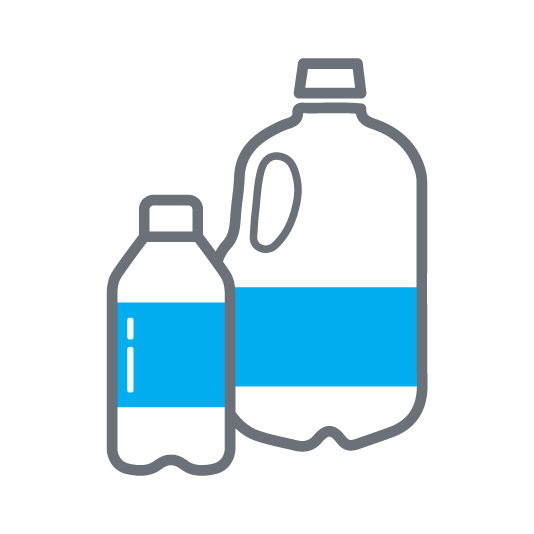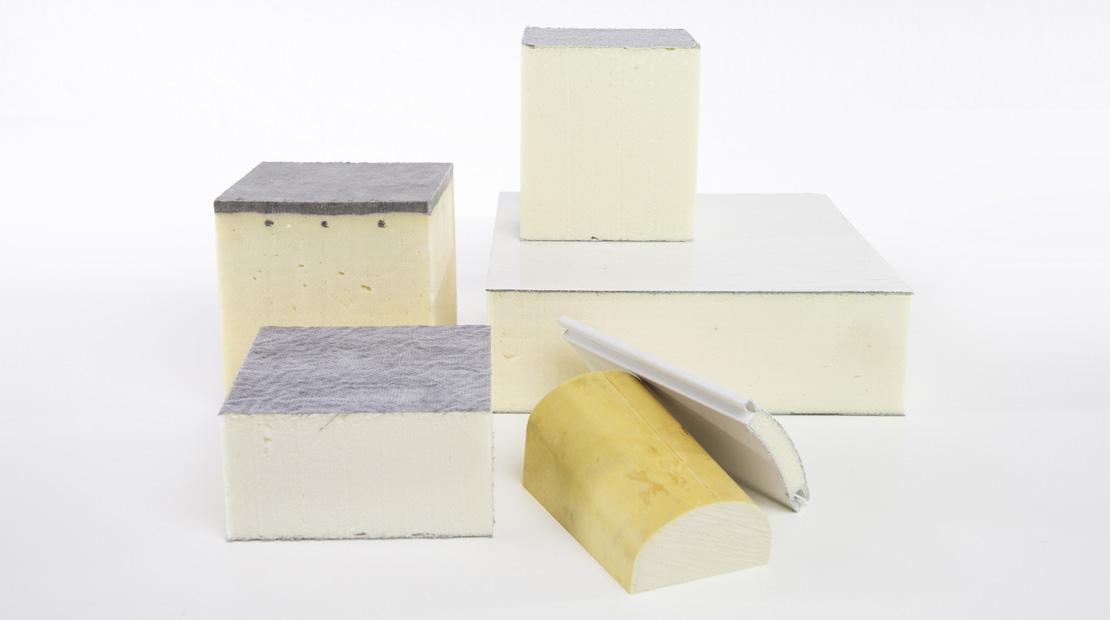Isoexter-E, COIM's biobased polyols used for the production of insulation materials
C.O.I.M. S.p.A.,a world leader in the chemical industry,has analysed the sustainability of the biobased polyols in the Isoexter-E range.
“The European building industry has been working actively for decades to find ways to make buildings more energy-efficient. Recently, there has been a growing focus by the supply chain on using sustainable building materials to achieve these efficiency goals. COIM, a leader in developing eco-friendly solutions from recycled and biobased materials, has taken a significant step forward by conducting a Life Cycle Assessment (LCA) of its biobased solutions in the Isoexter-E range, used in the manufacture of polyurethane insulation materials. Our analysis confirms that we can replace fossil-based polyol with a biobased alternative without changing the properties of the final product. This means we can offer our customers a drop-in solution, and we have also determined that our products can reduce Global Warming Potential (GWP) by up to 93%,” Alessandro Gallipoli, COIM’s Isoexter R&D Manager explains.
The potential environmental savings in terms of Global Warming Potential (GWP) have been calculated using a Life Cycle Assessment (LCA), comparing COIM’s data with findings from a study by PU Europe[1], the European association representing the polyurethane (PUR/PIR) insulation industry. This study determined the average environmental impact in Europe of the polyols used in insulation material production.
“This study also has significant implications for our customers They can now incorporate the data obtained from COIM into their Environmental Product Declarations (EPDs[2]), achieving CO2 savings on their products that were previously unattainable. This allows them to clearly communicate the benefits of our biobased solutions to the end market through their insulation products,” explains Andrea Stefani, COIM’s Isoexter Marketing Manager for Europe and the Middle East.
COIM’s commitment to product sustainability was not determined by means of the “mass balance approach and allocation” method, where recycled or biobased material content is allocated to a given product based on credits, regardless of whether the end product contains that content. The alternative method used focuses on the actual biobased content and lifecycle of our solutions.
“This approach means that our customers can accurately incorporate our solutions into their Environmental Product Declarations (EPDs[3]), meeting the industry’s demand for sustainable solutions, backed by thorough, transparent analysis and data,” concludes Andrea Stefani.
[1] Eco-profile of Aromatic Polyester Polyols (APP), PU Europe, June 2021
[2] Environmental Product Declaration




































